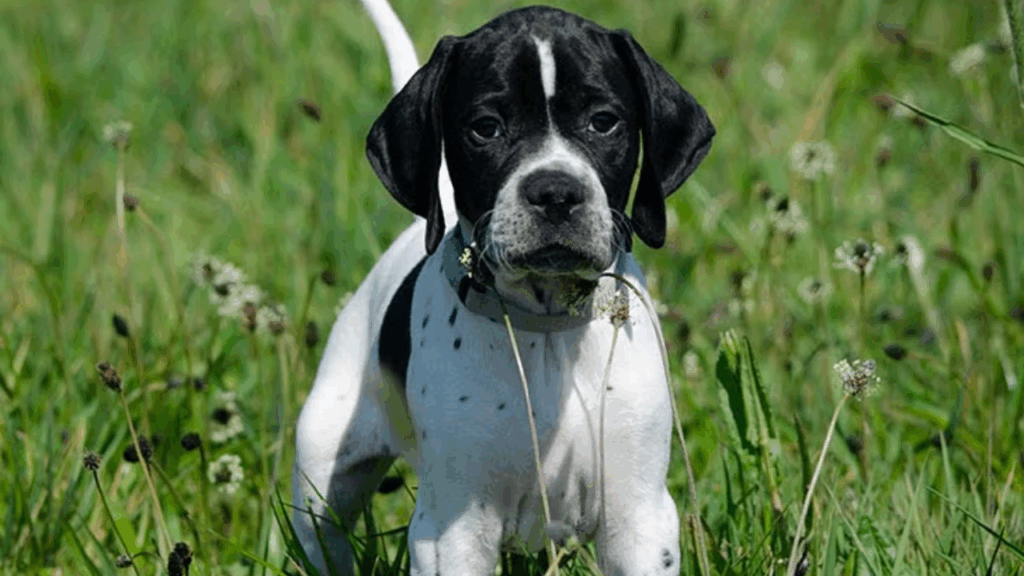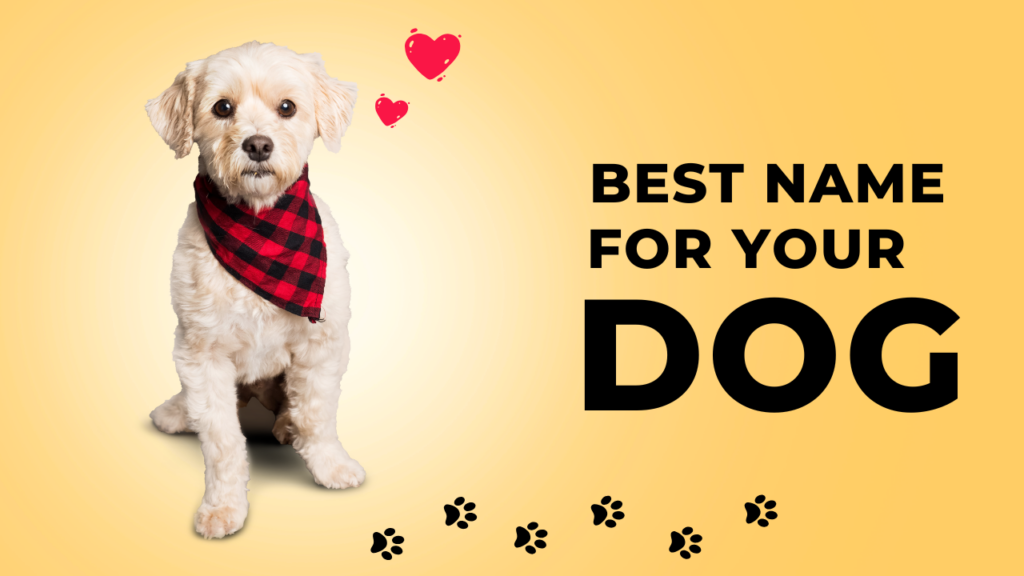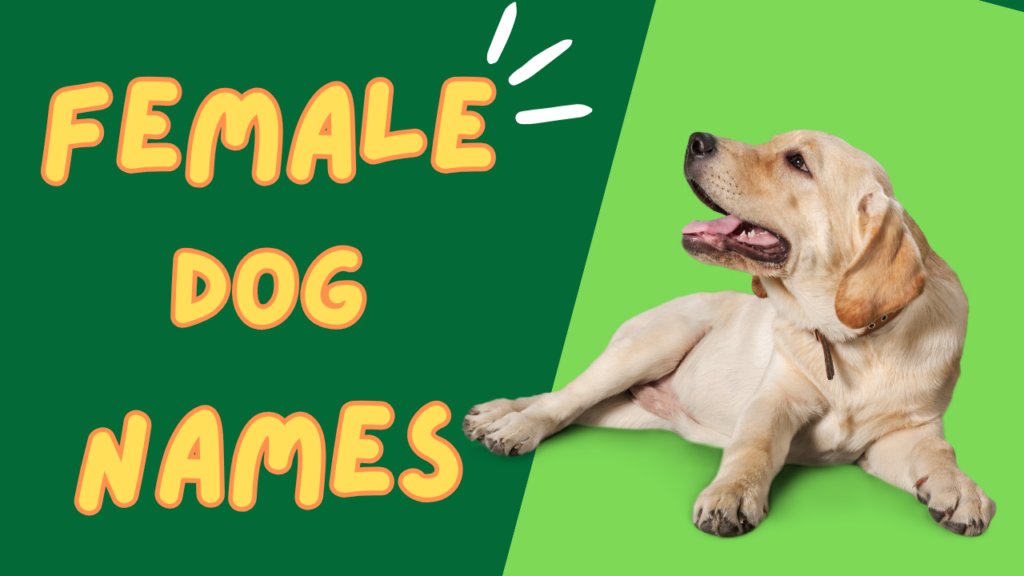The Pointer, often referred to as the English Pointer, is a distinguished member of the sporting dog group, known for its remarkable athleticism, keen hunting instincts, and loyal disposition.
With a history rooted in fieldwork and a graceful presence, the Pointer is not only an exceptional hunting companion but also a devoted family dog. For anyone who appreciates energy, elegance, and enthusiasm in a canine companion, the Pointer offers an ideal balance.
Origins and History
The Pointer’s origins trace back several centuries, with early development believed to have begun in 17th-century England. The breed’s ancestors likely included Spanish Pointers, brought to Britain by soldiers returning from European wars, and later refined with bloodlines from Foxhounds, Greyhounds, and Setters.
This careful crossbreeding produced a dog with speed, endurance, and a remarkable ability to detect and “point” at game birds by freezing in a statuesque pose.
By the 18th and 19th centuries, the Pointer had gained widespread popularity among English sportsmen, valued for its ability to locate game with precision and hold its point while the hunter approached. Even today, the Pointer is considered one of the finest upland bird dogs in the world.
Physical Characteristics
The Pointer is a medium to large-sized dog, well-muscled yet refined in build. Males typically stand between 25 to 28 inches tall at the shoulder and weigh 55 to 75 pounds, while females are slightly smaller.
The breed’s appearance is marked by its smooth, short coat, long neck, and a proud, noble head with expressive eyes. The tail is straight and tapered, often held horizontally when the dog is on point. The coat comes in a variety of colors, including liver, lemon, black, and orange, often combined with white in striking patterns.
Its overall look is one of balance, strength, and grace — a clear reflection of the breed’s athletic purpose.
Temperament and Personality
Pointers are affectionate, friendly, and intelligent dogs with a strong desire to work and please their owners. Though bred for the field, they are known for their gentle nature at home. They are great with children and typically get along well with other dogs, making them excellent companions for active families.
Despite their easy-going nature indoors, Pointers are high-energy dogs that require significant daily exercise. They thrive in environments where they can run, explore, and engage in mentally stimulating activities. Without proper outlets for their energy, they can become bored or anxious, which may lead to undesirable behaviors.
Pointers are alert and can be vocal when necessary, but they are not aggressive and generally do not make good guard dogs. Their friendliness toward people makes them better suited for companionship than protection.
Training and Socialization
Training a Pointer is generally a rewarding experience, thanks to their intelligence and eagerness to work. They respond well to positive reinforcement techniques and consistency. Because they can be sensitive, harsh corrections should be avoided in favor of encouragement and rewards.
Early socialization is essential to ensure that a Pointer grows into a confident, well-adjusted adult. Exposure to a variety of people, environments, sounds, and situations will help prevent shyness or overexcitement.
In addition to obedience training, Pointers excel in dog sports such as agility, rally, and especially field trials, where their natural instincts can shine.
Exercise and Activity Needs
The Pointer is not a couch potato. This breed was designed to cover large areas of land while searching for game, and that drive for movement still exists today. At minimum, Pointers require one to two hours of vigorous exercise each day.
Activities like running, hiking, long walks, or playing fetch in a secure area are ideal. They also love to sniff and follow trails, so scent work or tracking games can be especially enjoyable and mentally fulfilling.
Pointers are happiest in homes where they can be part of an active lifestyle, and they are not ideal for apartment living unless the owner is extremely committed to meeting their exercise needs.
Grooming and Health
Pointers have short, sleek coats that are easy to maintain. A quick brush once or twice a week is enough to remove loose hair and keep their coat shiny. They shed moderately, more so during seasonal changes.
As a breed, Pointers are generally healthy and robust, with a lifespan of 12 to 15 years. However, they can be prone to some genetic conditions, including hip dysplasia, progressive retinal atrophy (PRA), and epilepsy. Responsible breeders screen for these issues, and regular veterinary checkups are essential for early detection and prevention.
Is the Pointer Right for You?
The Pointer is an excellent choice for individuals or families who lead an active lifestyle and want a loyal, affectionate dog to share it with. Whether as a hunting partner or a family companion, the Pointer brings enthusiasm, intelligence, and elegance to everything it does.
While not the best choice for those seeking a low-energy or indoor-only dog, for the right owner, the Pointer offers a beautiful blend of athleticism, grace, and companionship that’s hard to match.



